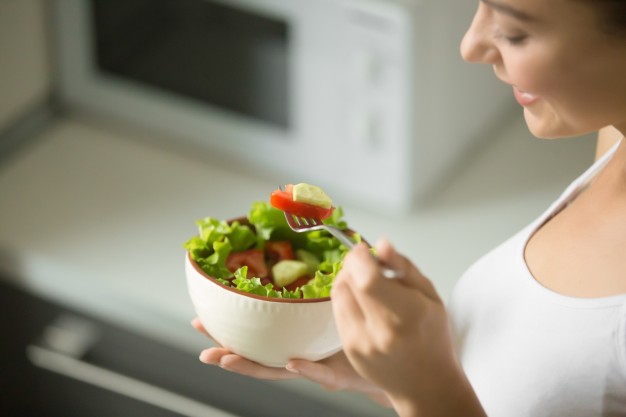Did you know that most couples face fertility issues while planning for a baby? The problem can be present on either side, both the woman and the man. So, don’t be afraid of infertility because it affects about one in every six couples. While infertility is sometimes incurable, few things can help you boost your fertility chances.
Here is a list of some of the important lifestyle factors, nutrients, and foods that have been associated with improved fertility in women.
-
Eat A Nutritional Diet:
A diet rich in iron, calcium, complex carbohydrates, zinc, omega-3 fatty acid, and vitamin can help you boost your fertility and increase the chance of getting pregnant.
-
Maintain Healthy Weight:
Being both underweight and overweight affects the chances of getting pregnant. As per studies, 25% of women experience infertility because of obesity, whereas 12% suffer the same because they are underweight. It would be best to consult with your gynaecologist and nutritionist before opting for a dieting plan, as your nutritionist can help you prepare your personal diet chart.
-
Daily Exercise to Stay Fit:
Apart from maintaining a healthy weight, it is important to do regular physical activity to boost fertility. As we know, never do extra exercise or physical activity as it can negatively affect fertility. You can do a brisk walk in the evening for around 4000-5000 steps.
-
Know the Time of Ovulation:
You are more fertile during the ovulation period, which is around twelve to fourteen days before your periods start. Whereas during your period or two to three days after, you are least fertile and doubtful to get pregnant at this time.
Hence, if you have regular menstrual cycles, you can use a calendar or mobile app to evaluate your fertility.
-
Avoid Alcohol:
Excessive alcohol can interrupt your menstrual cycle, making it challenging to conceive a baby. It has an adverse effect on our general health, so it is recommended to avoid excessive drinking.
-
Quit Smoking:
Smoking causes blockages within the fallopian tubes, can damage the eggs maturing inside the ovaries, and is responsible for ectopic pregnancy. It is not good for the lungs as it can cause cancer.
-
Avoid Drinking Caffeine and Stay Hydrated:
According to the studies, high caffeine consumption can cause recurrent miscarriage and can delay the chances of conceiving by ten months. Caffeine makes the body dehydrated, leading to the decreased production of cervical mucus, making it difficult for the sperm to reach the egg. So, it is important to drink an ample amount of water to stay hydrated.
-
Get Ample Amount of Sleep:
A sufficient amount of sleep is essential for maintaining a healthy life and it increases the chances of fertility.
-
Meet with Your Doctor:
Suppose you have been trying to conceive for a couple of months and getting negative results. In that case, you should consult a gynaecologist because a specialist can help you diagnose problems such as hormonal imbalance or PCOS or PCOD, which affects the chances of getting pregnant and can help you resolve the problems.
-
Stay Stress-free and Relaxed:
Stress is a reason behind infertility, as negative emotions do not promote the proper biology for conceiving. So, try to go for a walk or on vacation, especially if you have a stressful job.
Conclusion:
As per studies, almost 69% of infertility cases can be resolved by changing the lifestyle and diet. However, if you are still not getting any positive results, you can consult a fertility specialist to check if you have any other health issues behind the inconvenience.


